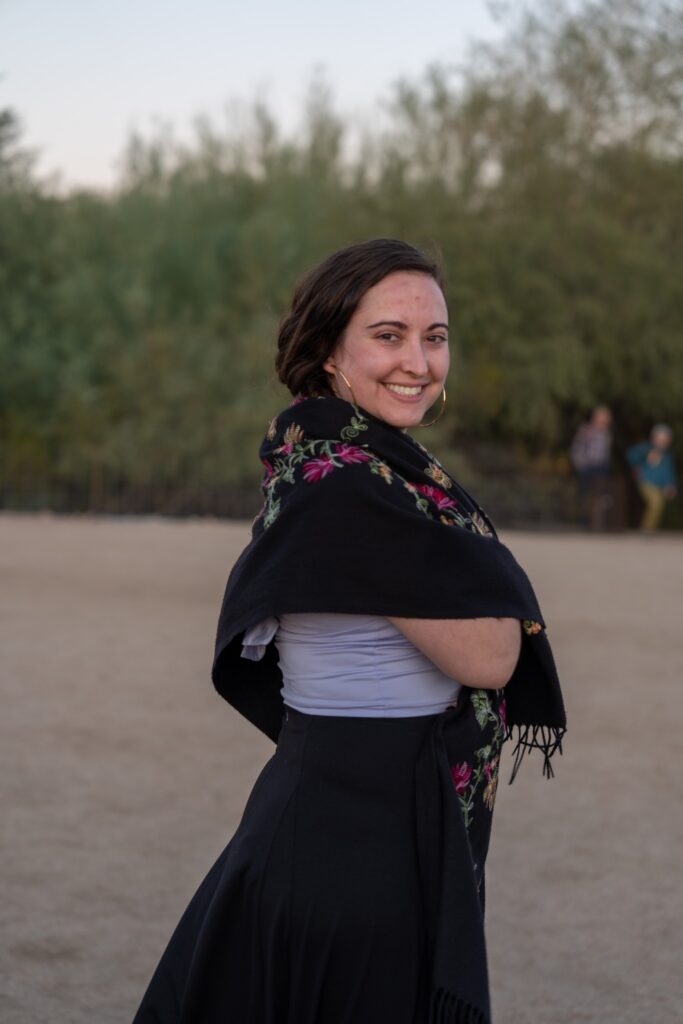Amanda Brock Morales is an anthropological archaeologist whose work brings together digital archaeology, storywork practices, and community-collaborative methods to explore how people form enduring relationships with landscapes amid environmental change. She approaches the past not as static or distant, but as something that continues to teach and shape the present and future. Guided by the teachings of Jo-Ann Archibald and Sonya Atalay on Indigenous storywork and the co-production of knowledge, Amanda centers reciprocity, responsibility, and reverence in both her research and collaborative relationships.
She is the director of Kawsay Pacha: Dynamic Landscapes and Monumental Sites, an archaeological project based in the Callejón de Huaylas, Peru. In partnership with the Huaylas community, the project addresses climate change, cultural heritage, traditional water management, and the socio-political tensions that arise from these intersecting concerns. The Kawsay Pacha team includes Huaylas community members, undergraduate students from the Universidad Nacional Santiago Antúnez de Mayolo (UNASAM) in Huaraz, Peruvian archaeologists, and graduate students from U.S.-based institutions. Through this work with the Huaylas community and UNASAM students, Amanda hopes to empower more women to take interest in STEAM fields. Amanda earned her Ph.D. in Anthropology from the University of Florida in 2024 and is currently a Presidential Postdoctoral Fellow at the University of North Carolina at Charlotte. Her research has been supported by the Fulbright-Hays Fellowship, National Geographic Society, Mathew Tobin Cappetta Scholarship, Lambda Alpha Graduate Research Grant, and several other awards. She also serves on the executive committee of the Red de Mujeres en Arqueología Peruana (RED MAP).
Amanda will carry Flag #43 on her expedition Virtual Artifacts and Living Traditions: 3D Modeling, Community Engagement, and the Chupacoto–Chavín Connection in Huaylas, Peru. This initiative addresses barriers to community access and education around archaeological artifacts. Through a training program for local undergraduate students, Amanda and her team will teach artifact analysis, open-source 3D modeling, and community outreach. Using archaeological materials that she excavated in 2023, she and her students will build a free, public 3D artifact database, ensuring that both local students and Huaylas community members have long-term access to these materials for education, research, and cultural engagement.
